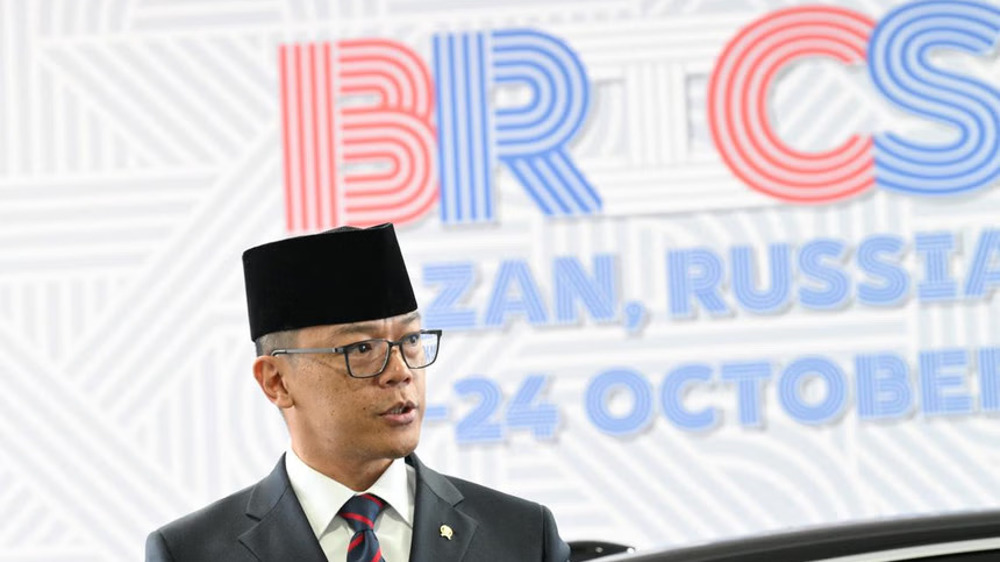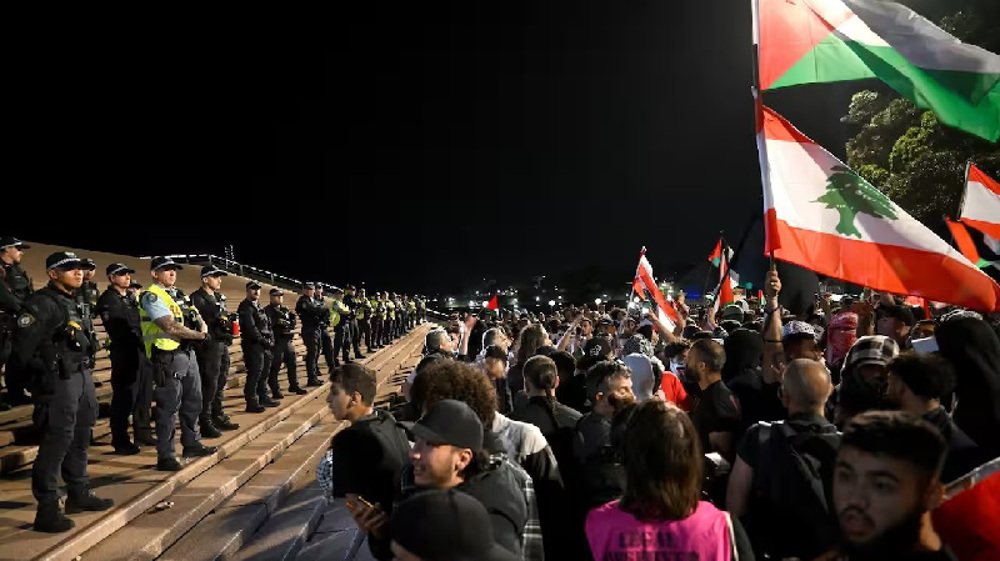Bangladesh court upholds govt. ban on Rohingya Muslim refugees marrying citizens
A Bangladesh court has upheld a government ruling banning marriage between its citizens and refugees from Myanmar's persecuted Rohingya Muslim minority.
Deputy attorney general Motaher Hossain Saju said on Monday that the High Court in Dhaka had dismissed a legal challenge from a father whose son married a young Rohingya woman in September despite laws forbidding such unions.
"The court rejected the petition and has upheld the administrative order, which bans marriage between Bangladeshi citizens and Rohingya people," media outlets quoted Saju as saying.
Babul Hossain, whose 26-year-old son ran away with his new wife after they married in a ceremony, questioned the legality of the ruling that threatens a seven-year jail term for any Bangladeshi who weds a Rohingya refugee.
The court, however, rejected his plea and ordered he pay 100,000 taka ($1,200) in legal costs.
The father’s request that the court protect his son from arrest was also rejected, deputy attorney general noted.

In 2014, marriages with the Rohingya were banned in bid to prevent refugees living in Bangladesh from seeking a back door to citizenship.
Hossain in a previous statement had defended his son's marriage to the 18-year-old Rohingya woman and denied it was driven by a quest for citizenship.
"If Bangladeshis can marry Christians and people of other religions, what's wrong in my son's marriage to a Rohingya?" Hossain said. "He married a Muslim who took shelter in Bangladesh."
Aid groups have reported cases of Bangladeshis offering young women marriage as a way of escaping the overcrowded refugee camps along Bangladesh's southeastern border.
More than 655,000 Rohingya Muslims from Myanmar's Rakhine state have sought refuge in Bangladesh since a new military crackdown began in late August last year. They joined the more than 200,000 refugees already living in Bangladesh who had fled previous violence in Rakhine.

Over the past months, Myanmar's government troops have been engaged in a brutal intimidation campaign against the Rohingya in Rakhine.
Government troops, apart from raping, have been committing killings, making arbitrary arrests, and carrying out mass arson attacks to destroy houses in predominantly-Rohingya villages in Rakhine.
Only in its first month, the clampdown, called by the UN and prominent rights groups an “ethnic cleansing campaign,” killed some 6,700 Rohingya Muslims, including more than 700 children, according to the international medical charity Doctors Without Borders.
Jan. 15: ‘Axis of Resistance’ operations against Israeli occupation
VIDEO | US fires: Criticism mounts over govt. failure to respond
VIDEO | Fears, hope in Gaza amid intensified ceasefire efforts
VIDEO | Press TV's news headlines
Hamas: Ceasefire agreement result of steadfastness, resistance in Gaza over 15 months
Hamas thanks Iran, Resistance Front following achievement of ceasefire in Gaza
'Capitulation': Israeli officials and media concede Gaza defeat as truce unfolds
'Gaza has won': Social media users react to ceasefire with mix of relief, joy










 This makes it easy to access the Press TV website
This makes it easy to access the Press TV website